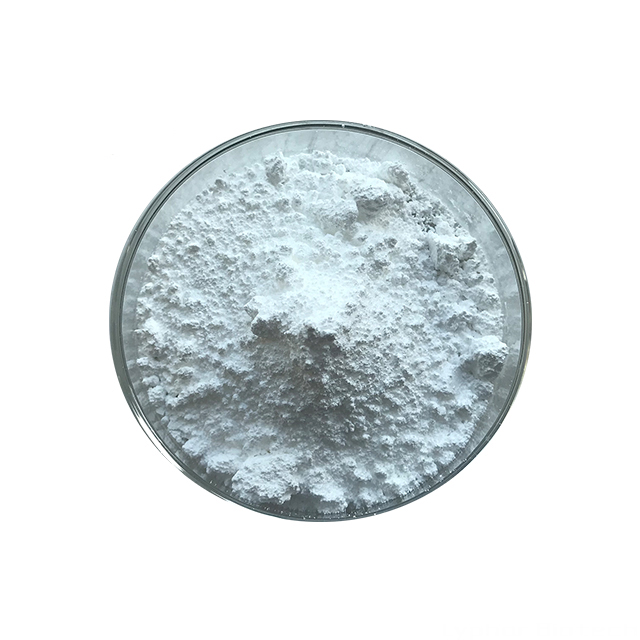Streptococcus thermophilus is an essential lactic acid bacterium used for commercial purposes, which includes the production of milk, cheese, and other dairy products. This organism is a thermophilic Gram-positive bacterium with an optimal growth rate at 45 °C. It is also capable of generating energy, in the form of adenosine triphosphate (ATP), by aerobic respiration with the presence of oxygen; however, without the presence of oxygen, it still can produce ATP through fermentation. S. thermophilus lacks cytochrome, oxidase, and catalase enzymes. It does not have motility and it does not form spores. Although S. thermophilus is closely related to other pathogenic streptococci (such as S. pneumoniae and S. pyogenes), S. thermophilus is classified as a non-pathogenic, alpha-hemolytic species that is part of the viridians group. The increasing consumer need for dairy products and booming manufacture of dairy products ($40 billion industry) led to the investigation and sequencing of S. thermophilus.
Lactose Transport:
Lactose is the primary source of carbon and energy for many lactic acid bacteria, including S. thermophilus. S. thermophilus uses a unique symport called lactose transporter LacS, which utilizes proton-gradient to collocate galactoside inside the cell[3]. The accumulation of galactose promotes a proton-neutral exchange of lactose for galactose; lactose is then metabolized and used for energy. The LacS transporter system is highly regulated by transcriptional and translocation activity of the cell, which requires lactose uptake and metabolism. LacS transporter consists of two parts: a carrier domain (embedded in the membrane) and a soluble IIAGlc domain (attached to the carrier domain via a flexible linker). This LacS-IIA complex is regulated by the phosphoenolpyruvate-phosphotransferase (PEP-PTS) system, which phosphorylates the IIA domain[5]. Phosphorylation of IIA domain activates the carrier domain, allowing the transport of galactoside and metabolism of lactose.
Proteolytic System:
The proteolytic mechanism degrades proteins by enzymes called proteases. S. thermophilus contains two unique peptidases, oligopeptidase and aminopeptidase PepS, which have multiple functions in bacterial growth[2]. Aminopeptidases are unique enzymes that function as exopeptidases, enzymes that catalyze the cleavage of specific amino acids from the end of a polypeptide. These essential enzymes incorporate many different functions, involving proliferation of cells: protein maturation, hydrolysis of regulatory proteins, regulation of gene expression, metabolism of nitrogen, etc. Animopeptidase PepS is a monomeric metallopeptadise that haz high affinity towards peptides with arginine or aromatic amino acids on the N-terminus of the peptide. The food industry uses lactic acid bacteria, such as S. thermophilus, for their proteolytic ability to grow and hydrolyze milk proteins (casein).
Ancient Uses
The use of beneficial bacteria like Streptococcus thermophilus for disease prevention and for keeping a healthy colon was not heard of during the ancient times. Ancient cultures mainly ate well to keep healthy. Gastrointestinal illnesses were treated with herbal remedies; stomach pain, intestinal parasites, diarrhea, constipation, etc, are the most common illnesses that used herbal treatments.
Modern Uses
In modern times, the use of Streptococcus thermophilus is to fight the spread of harmful bacteria in the gut. This method is called Probiotics treatment. Live strains of Streptococcus thermophilus and other good bacteria are placed in milk products such as yoghurt and milk based drinks to fight bad bacteria, yeast, fungus and toxins in the body.
Having a healthy digestive tract gives many benefits to the entire body. Proper nutrient absorption is encouraged making food nutrients available for the different bodily systems to use. The immune system is also reinforced plus energy from food is also used effectively.
Killing beneficial bacteria is usually done through prolonged antibiotic use and also through chemotherapy. Thus eating yoghurt and milk drinks fortified with Streptococcus thermophilus can help people who are undergoing cancer treatment and antibiotic treatment. It can also prevent yeast infections and the growth of opportunistic organisms in the various parts of the human body.



